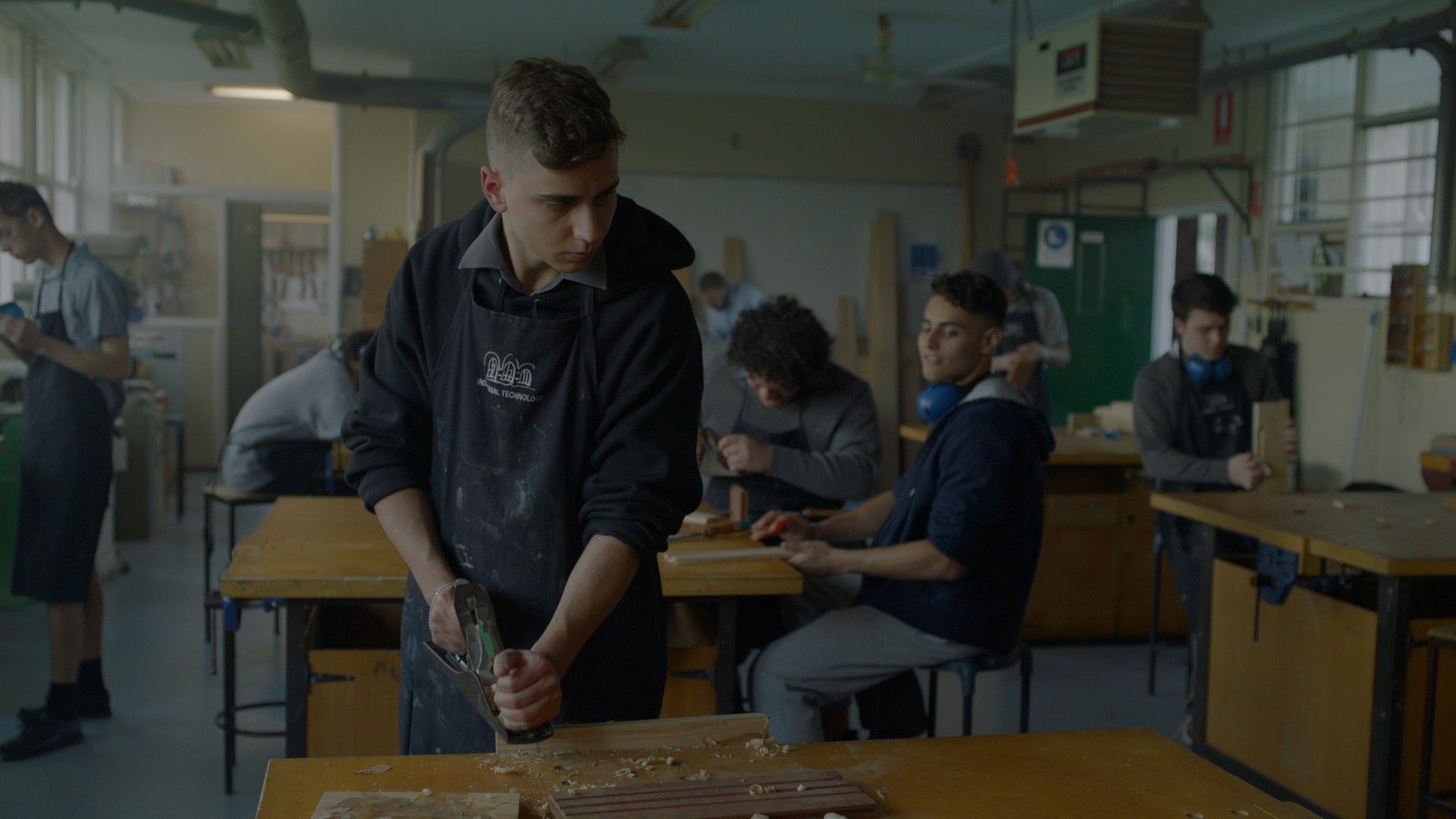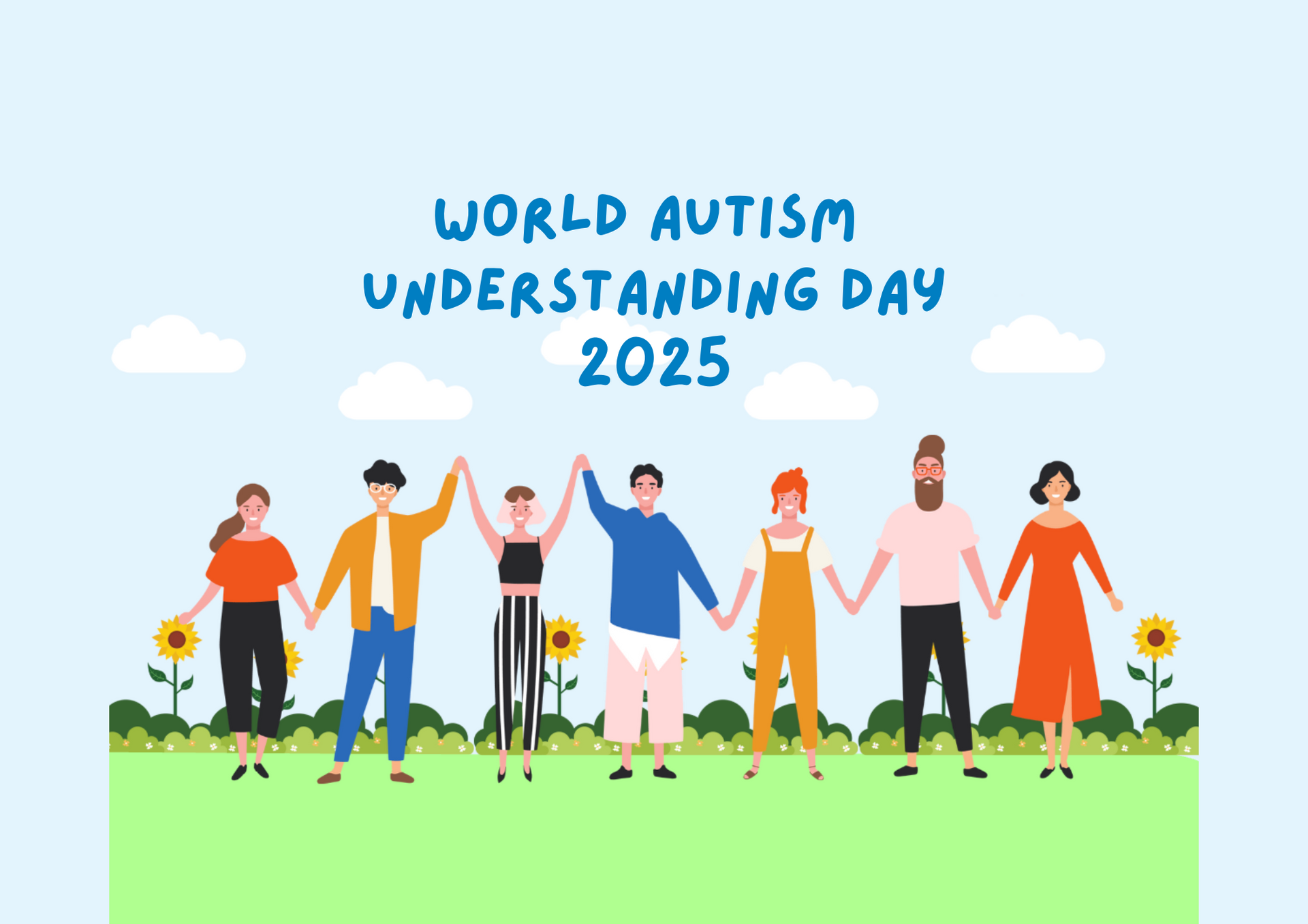Get in touch with us: (03) 8825 3500 / 1300 643 287
Celebrating Diversity and Healing Together through Film - A Winner's Journey

As the Multicultural Mental Health Film Festival continues to grow and make an impact for the second year, it's clear that this platform is more than just a celebration of cinema—it's a powerful catalyst for change. The festival shines a spotlight on stories that delve into the topic of multiculturalism and mental health, offering a unique space where filmmakers can share their perspectives and audiences can find resonance in narratives that reflect their own experiences.
In this interview, we speak with Kamil Domaradazki, Winner of Best Live-Action Short Film of the Multicultural Mental Health Film Festival 2023 who shares his journey, the impact and the significance of telling stories that challenge stereotypes and promote mental wellbeing.
What inspired you to submit your film to the Multicultural Mental Health Film Festival in its first year?
I was inspired to submit my film to the Multicultural Mental Health Film Festival in its inaugural year because of its unique focus on the intersection of multiculturalism and mental health. The festival's mission to highlight diverse voices and stories resonated with me deeply, as my film explores themes of cultural identity and mental well-being. I saw it as an opportunity to contribute to a meaningful conversation and to reach an audience that values and understands the importance of these issues.
How did winning the Best Short Film at the festival impact you and your work?
Winning the Best Short Film at the festival was a tremendous honor and a significant milestone in my career. It validated the hard work and dedication that went into creating the film and provided me with a platform to share my story with a wider audience. The recognition boosted my confidence as a filmmaker and opened up new opportunities for collaboration and funding. It also reinforced my commitment to creating films that address important social issues and represent diverse perspectives.
How do you feel the Multicultural Mental Health Film Festival supports and promotes multiculturalism and mental health through cinema, and why do you think it’s important for filmmakers to tell stories that address these themes?
The Multicultural Mental Health Film Festival plays a crucial role in promoting multiculturalism and mental health by showcasing films that explore these themes from various cultural viewpoints. By providing a space for diverse narratives, the festival fosters understanding and empathy among audiences and encourages dialogue about mental health issues that are often stigmatized or overlooked. It is important for filmmakers to tell these stories because they reflect the real experiences of people from different backgrounds, helping to break down stereotypes and promote inclusivity and mental well-being. It is so important for people to see themselves and their stories reflected on screen. The Multicultural Mental Health Film Festival creates an important and much needed space for these voices, stories and faces.
What would you say to filmmakers who are considering submitting their work to the Multicultural Mental Health Film Festival, especially those focused on diverse and inclusive narratives?
I would encourage filmmakers to submit their work to the Multicultural Mental Health Film Festival. This festival is a fantastic platform to showcase your work and to connect with an audience that values and supports stories about multiculturalism and mental health. It is also an opportunity to be part of a community of like-minded filmmakers who are passionate about making a difference through cinema. Your story has the power to inspire, educate, and create change, and the festival is the perfect place to amplify your voice.
Kamil Domaradazki, Winner of Best Live-Action Short Film
The Multicultural Mental Health Film Festival 2023


Get support
Information & resources
Get involved

The Mental Health Foundation Australia acknowledges the traditional owners of country throughout Australia and their continuing connection to land, sea and community. We pay our respects to them and their cultures and to their elders both past and present.

All Rights Reserved | Mental Health Foundation Australia | Registered PBI with ACNC. Charity ABN 81 006 003 363

